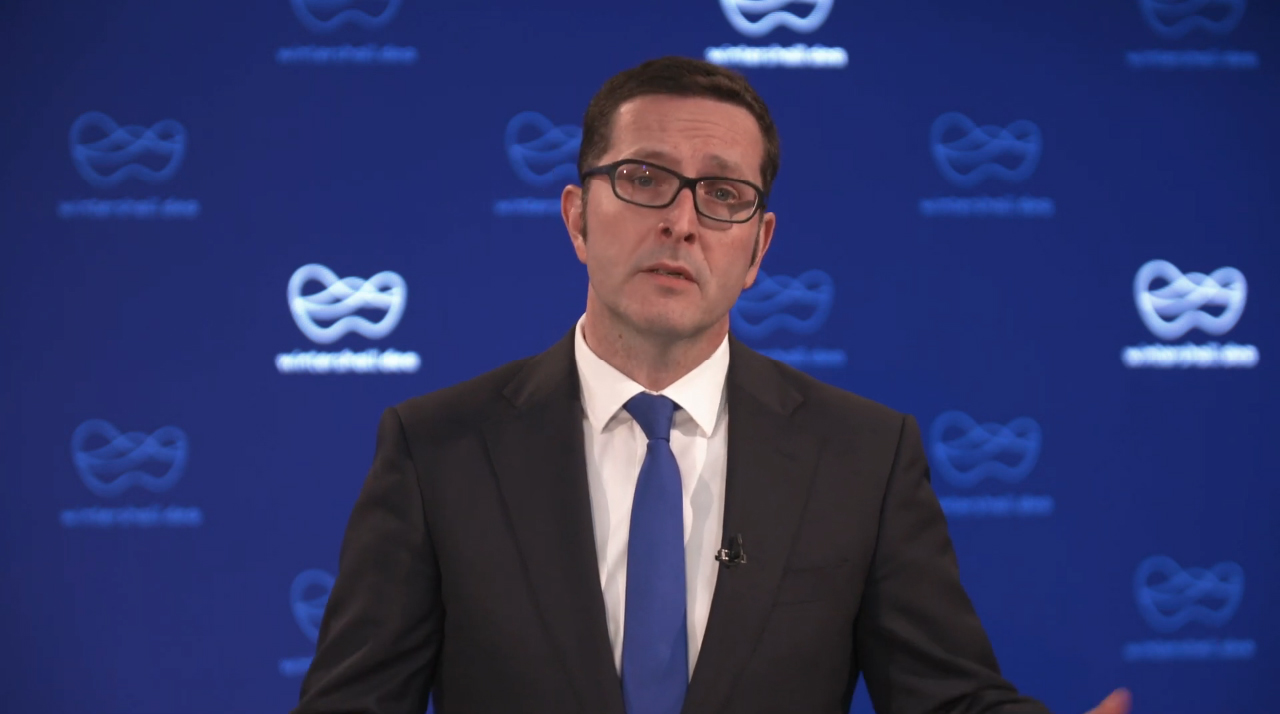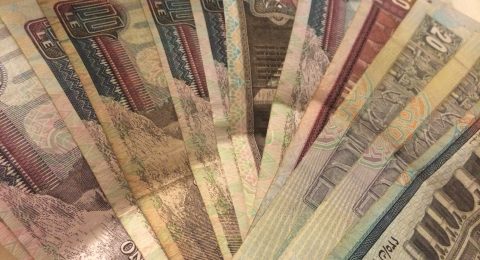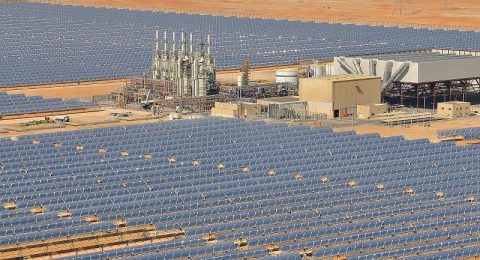Europe’s leading independent gas and oil company, Wintershall Dea, has released the results for its fourth quarter and full year 2019 that showed a strong operational performance, according to a press release. The company also said it aims to double its Egypt output within a few years by means of targeted investments and technical improvements, especially after obtaining the East Damanhour exploration block and during the first exploration phase of three years, the company plans to drill several exploration wells.
Today, Ras Budran and Zeit Bay are among the oldest producing fields in Egypt. Production is operated by the Suez Oil Company (SUCO), Wintershall Dea‘s joint venture with the Egyptian General Petroleum Corporation (EGPC). Recent technical workovers on onshore and offshore facilities in the Gulf of Suez have led to a significant production increase.
There are many projects in Egypt among them the onshore gas project Disouq, currently with 18 producing wells, operated by the sole shareholder Disouco. Wintershall Dea also holds a 17.25 per cent partner share in the West Nile Delta project, one of the most important Egyptian energy projects of recent years.
The 2019 summary of Wintershall Dea boasted a record high production of 642,000 boe/d, a 9% growth YoY and ahead of revised guidance of 640,000 boe/d. Furthermore, there were robust reserves replacement ratio of 109% increasing 2P reserves to 3.8 bn boe with an R/P of 17 years.
However, the financial performance has been affected by challenging commodity price environment: EBITDAX of €2,828 million, a 21% decrease YoY; production costs of $4.3 /boe – a 20% reduction YoY; liquidity of over €1.7 billion, including €814 million of cash.
CEO Mario Mehren said that he is pleased with the results despite the challenging external environment. He said that he is implementing mitigating policies including a significant reduction in Wintershall’s planned in-year capital investment program and suspension of their common dividend until further notice.
The Outlook for 2020 was also published : production, of 600,000-630,000 boe/d (vs.
617,000 boe/d for 2019); reduced production and development capex of €1.2-1.5 billion (vs. €1.5 billion in 2019) along with a curtailed exploration budget of €150-250 million (vs. €341 million in 2019).












